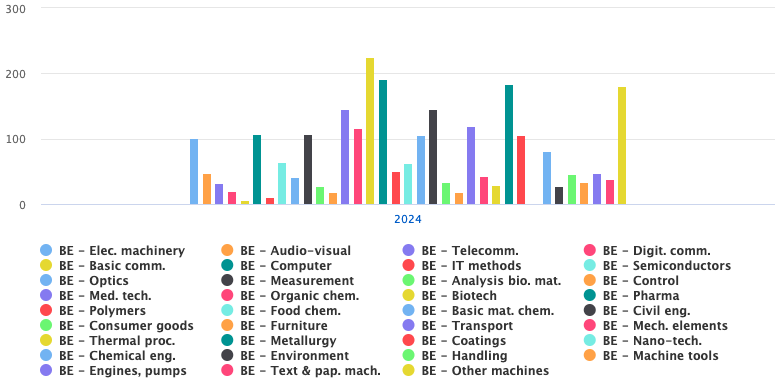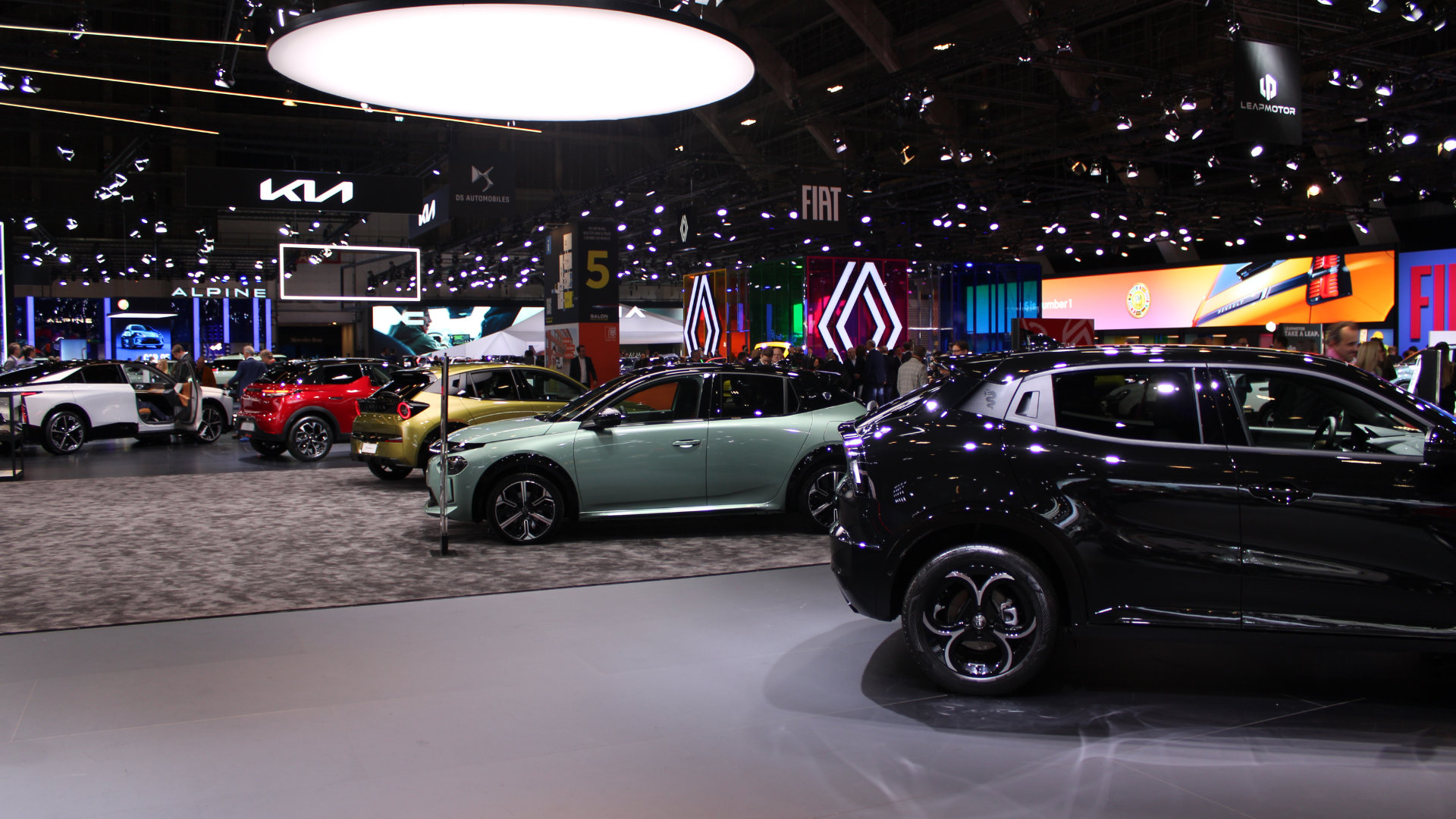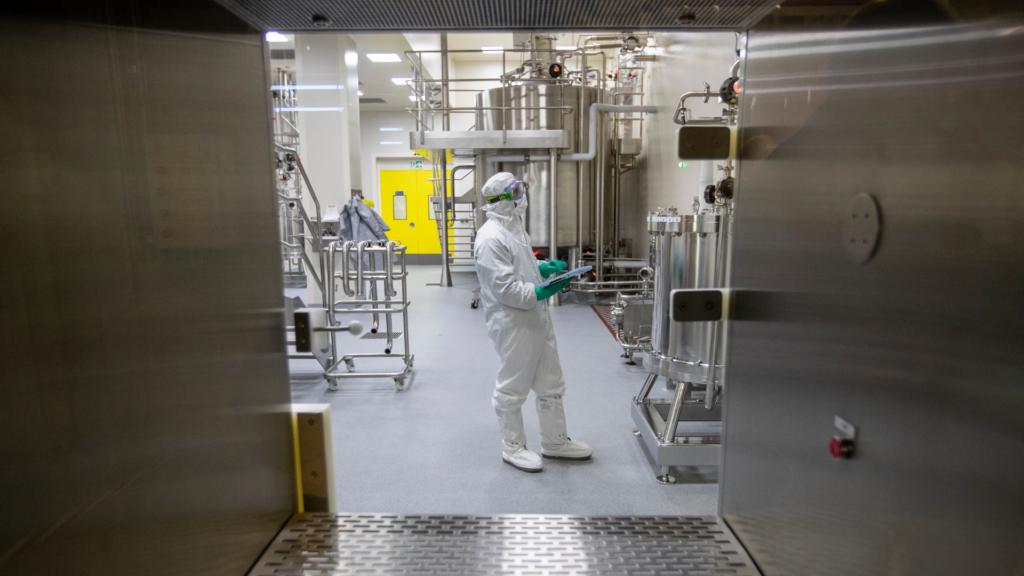Belgium applied for a record of 2,615 European patents in 2024, according to the European Patent Office (EPO). As the booming biotech sector drove the country's innovation last year, AI and car batteries were the key focus for research globally.
While Belgium's patent applications only made up a fraction of the total 199,264 applications filed to the EPO in 2024, the country has had a steady growth in applications since 2015.
The EPO is an executive arm of an international organisation with 39 Member States, including Belgium. It examines European patent applications, which allow companies and researchers to protect their inventions in up to 45 countries.
Biotech-related patents (225) dominated the number of applications in Belgium in 2024, closely followed by applications related to pharmaceuticals (192) and metals or metallurgy (183).

Patent applications originated in Belgium with the EPO in 2024. Credit: EPO
Notably, Belgium ranked second in Europe (after Spain) in terms of the most patent applications with at least one woman listed as an inventor in 2024.
However, while 2024 was a record year for national applications, there was a minor decrease (-0.1%) in overall patent applications with the EPO, with a slight decline in applications for both EU Member States (-0.4%) and countries outside Europe (-0.4%) compared to 2023.
AI is a tool, not an inventor
Artificial intelligence (AI) has been a key driver for innovations, for both larger and smaller companies and start-ups, according to the EPO Director for Communication, Luis Berenguer Giménez.
While the use of AI has made international headlines over concerns of intellectual property, these issues fall outside the scope of the EPO. "That's not patent-related. We don't deal with that, thank God," Berenguer Giménez told The Brussels Times.

Data centre in Belgium which will host a supercomputer set to power AI supported research. Credit: VUB
For the organisation, AI has a clear role when it comes to innovation. "We look at AI from a human-centric approach. So AI is purely a tool. There cannot be inventions created by AI," explained Berenguer Giménez. "This has always been our approach."
Berenguer Giménez pointed to the AI-driven test kit for infections by Rochelle Niemeijer, which received the Young Inventors Prize 2024. "It's AI-powered [...] it's not that it's done by AI, but rather that AI is being developed," he said.
Europe is falling behind
In addition to the increased investment in AI-related research, the EPO has noted a general increased investment in green energy. "Any kind of clean and green energy keeps growing for several years," Berenguer Giménez said.
The automotive industry has driven this growth, especially in the development of batteries. "And why? Because the market is asking for it," explained Berenguer Giménez.
Despite the significant push to make the automotive sector "greener" within the EU, Europe is falling behind when it comes to innovation in this sector. "China is the biggest player in that area [of car batteries]. Then it's the US and then Japan," said Berenguer Giménez. "Unfortunately Europe is falling behind."

Brussels Motor Show. Credit: The Brussels Times
The start of 2025 saw numerous calls for support by the European automotive sector, following a year of mass layoffs, migration of production outside Europe, and significant international competition, particularly with the rise of Chinese electric vehicles.
Berenguer Giménez cannot say whether the lack of innovation regarding batteries will be detrimental to competitiveness of Europe's automotive industry. "But Mario Draghi said this already in the report he published in September 2024," he added.
'Ask me next year'
Berenguer Giménez believes that research within green energy and AI will likely continue to grow. "Those are trends that exist and in our view, they are here to stay."
However, he is hesitant to predict future trends. "2025 looks like it's going to be a different year from previous years – but it's a bit early for us to say."
The potential impact of the ongoing international trade wars adds a layer of complexity to predicting innovation. "Our data is from 2024 and the tariff war started in 2025. So far, we have not seen anything worth mentioning," said Berenguer Giménez. "You can ask me next year."

